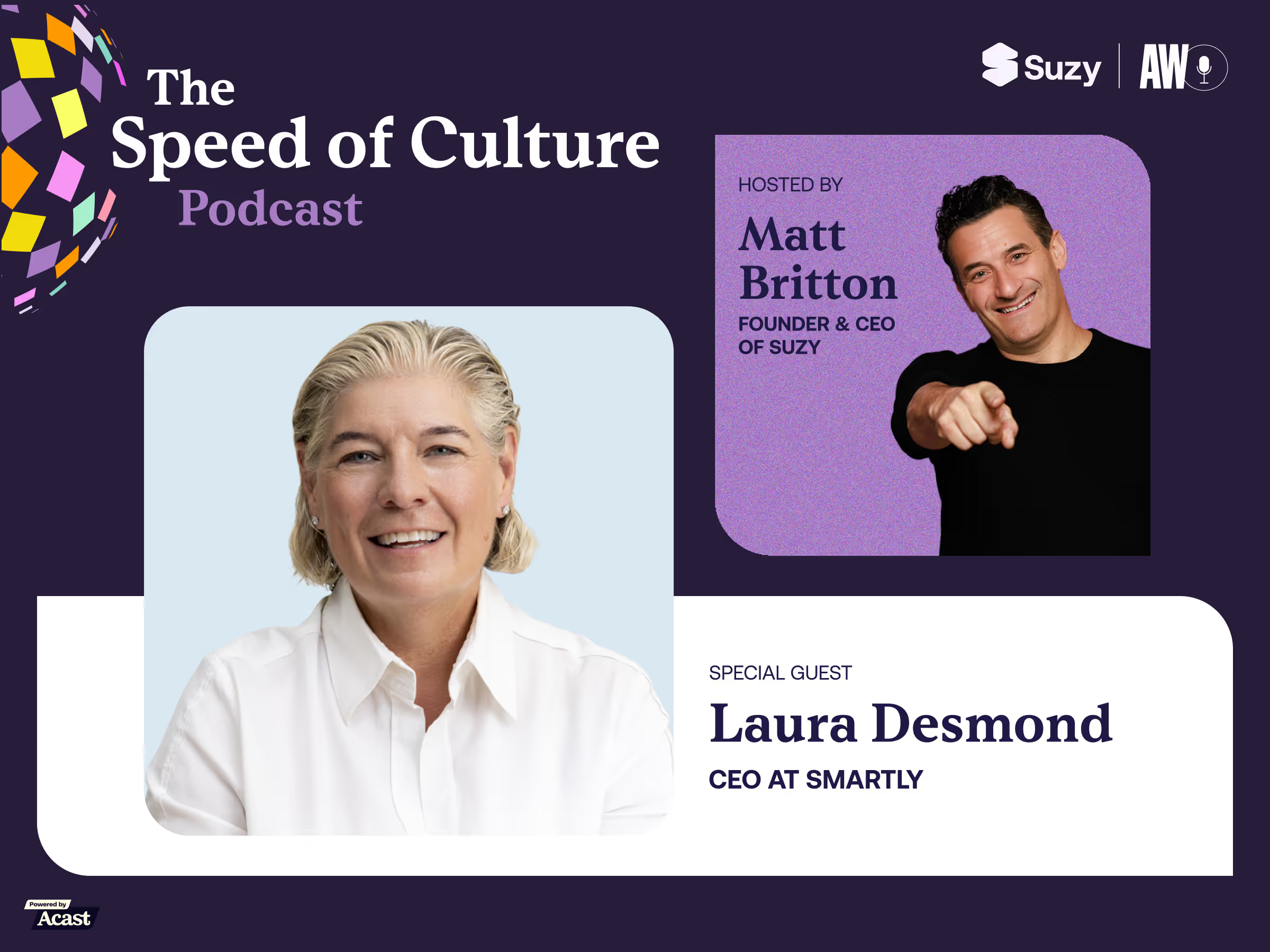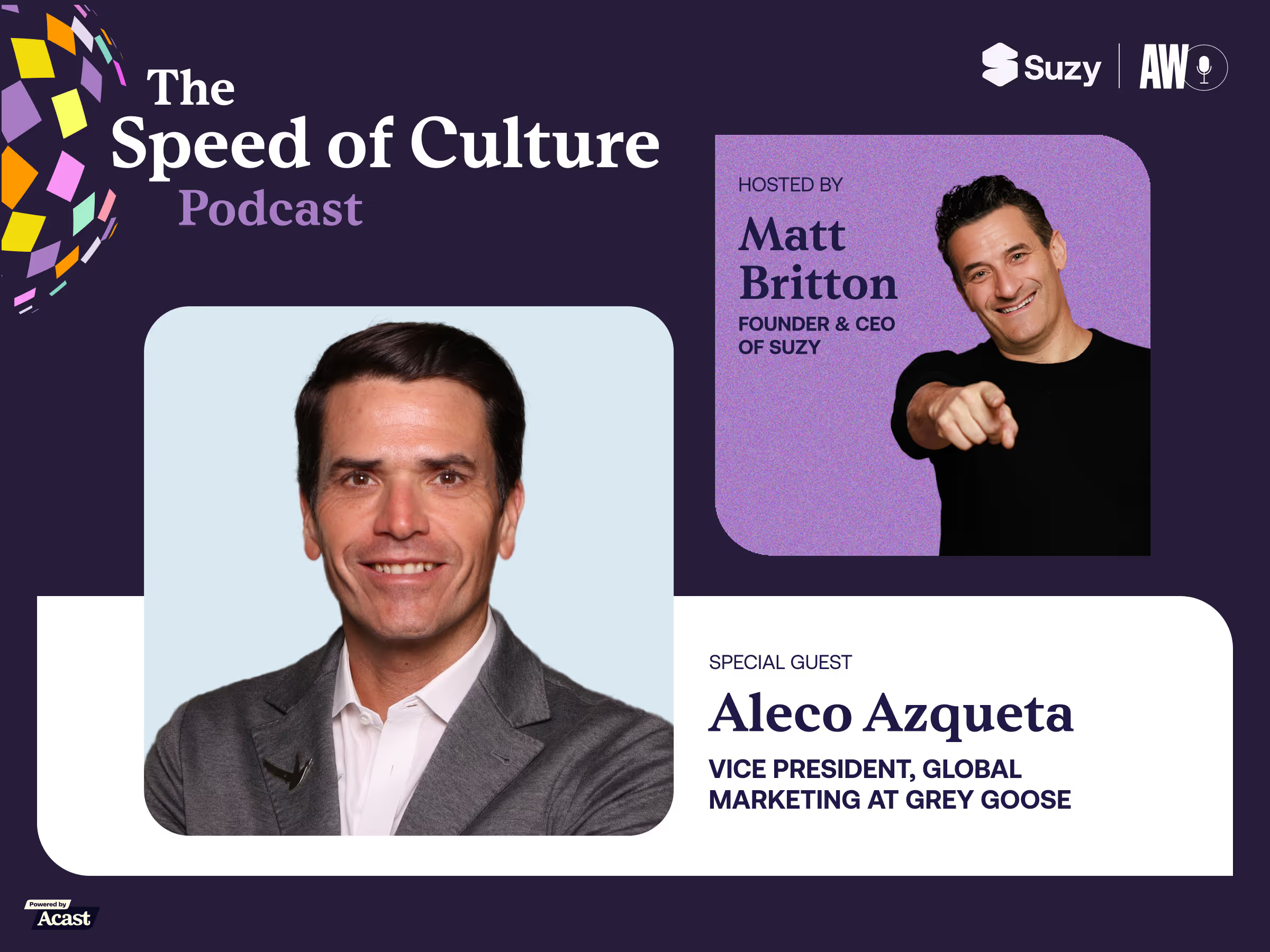Steve discusses the evolution of the toy industry, the power of iconic brands like Barbie and Hot Wheels, and how technology and nostalgia are shaping the future of play.
"The power of play benefits all of us. It certainly benefits us when we're at our developmental age but continues to develop us all through our adult years." - Steve Totzke
Mattel, a leader in the toy industry, continues to captivate generations with its beloved brands like Barbie, Hot Wheels, and Fisher-Price. As the company prepares to celebrate its 80th anniversary, it remains a testament to trust, innovation, and cultural impact. In a world where technology and consumer behaviors are constantly shifting, Mattel's ability to stay relevant is a masterclass in brand management. To explore the strategies behind this success, we spoke with Steve Totzke, Mattel's President and Chief Commercial Officer, about their approach to innovation, consumer engagement, and the timeless appeal of play.
Steve Totzke, President and Chief Commercial Officer at Mattel, boasts nearly three decades of experience in the toy industry. Having started his career at Mattel in 1995, Steve has witnessed the company's transformation from a brick-and-mortar retail giant to a leader in the digital age. He has been instrumental in maintaining the relevance of beloved brands such as Barbie, Hot Wheels, and Fisher-Price. Known for his strategic vision and deep understanding of consumer behavior, Steve has played a crucial role in driving innovation and growth at Mattel, ensuring the company's continued success in a rapidly evolving market.
Tune into the latest episode or read the transcript below to learn more. Here are some top takeaways:
- Enduring Brand Power - Steve highlights the remarkable consistency of Mattel’s leading brands, such as Barbie and Hot Wheels, over the past 30 years. Despite significant changes in the market, these brands remain at the top, showcasing the importance of brand longevity and cultural relevance. He goes on to attribute this enduring success to the brands' ability to evolve while staying true to their core values. For instance, Barbie has not only reflected cultural shifts but has often led them, becoming a symbol of empowerment and diversity. Similarly, Hot Wheels has expanded its presence through live events, digital content, and collaborations, maintaining its appeal across generations.
- Mattel Milestones - Over 65 years, Barbie has transformed to stay relevant in a rapidly changing world, often becoming a cultural icon herself. The recent Barbiecore trend saw the famous doll influencing fashion and social media, making the brand a central figure in popular culture once again. Barbie has appeared on the cover of Time magazine and was named Person of the Year, showcasing the brand's significant cultural impact. This ability to integrate with and shape cultural moments is a testament to the brand’s continuous innovation and adaptability.
- Technology and Play - The impact of technology on children’s play is profound, yet traditional play patterns for young children remain largely unchanged. While kids from 0 to 5 years old still engage in similar developmental play activities as they did decades ago, technology has introduced new dimensions to these experiences. Toys now often incorporate interactive elements, educational apps, and digital enhancements that can enrich traditional playtime. For example, the Tony Box combines physical figures with digital audio content. This blend of the physical and digital worlds offers children more immersive and engaging ways to learn and have fun.
- The Rise of the Adult Collector - The toy industry is witnessing significant growth in the adult collector segment, driven by nostalgia and emotional connections to childhood favorites. This trend sees adults reconnecting with beloved brands from their youth, leading to a surge in demand for collectible items. Steve shares how Mattel Creations has become one of the company’s fastest-growing segments, showcasing the powerful appeal of nostalgia. He recounts stories of adults engaging emotionally with Hot Wheels and Barbie, often sharing personal anecdotes about their childhood experiences with these toys. By understanding and leveraging the emotional connections that adults have with their favorite childhood brands, companies can successfully capture and grow this market segment.
- Leveraging Consumer Insights - Mattel’s innovation process is deeply rooted in extensive research and consumer insights, ensuring that their products resonate with both children and parents. Steve explains that Mattel’s typical timeline from concept to shelf is about 18 months, but with robust insights and testing processes, they can fast-track products even faster. Real-time feedback allows for continuous refinements, enhancing product appeal and functionality to meet end-user expectations. Additionally, Mattel's direct-to-consumer (DTC) channels, such as American Girl and Mattel Creations, provide extensive consumer data, allowing for better engagement and personalized experiences. Despite their DTC success, Mattel continues to value partnerships with traditional retailers, ensuring a comprehensive approach to consumer reach.
- AI Driving Innovation - Artificial intelligence plays a pivotal role in different parts of Mattel, driving innovation and enhancing operations across the company. Steve explains how by using AI tools, Mattel can create detailed storyboards, refine packaging designs, and fast-track image generation. In marketing, AI can automatically cut down a 30-second commercial into 15-second and 6-second versions, tailored for various social media channels.These technologies help streamline processes, improve product design, and enhance marketing strategies, ensuring Mattel stays ahead in the competitive toy industry.
.webp)







